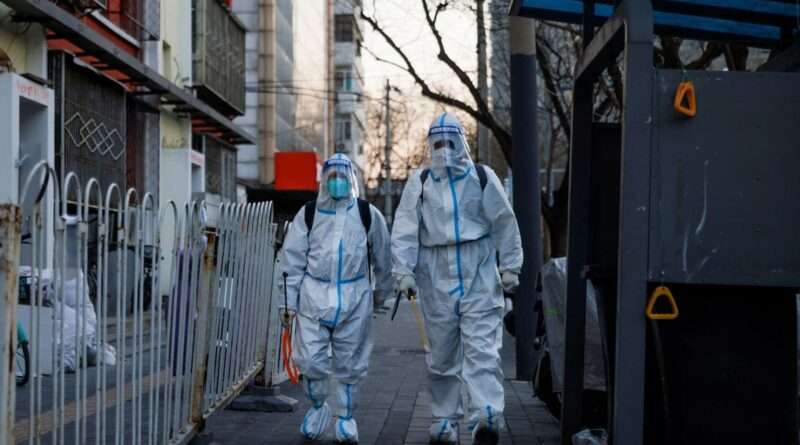China Relaja Controles Pero No Indica Cuándo Termina El “Covid Cero”
China has relaxed some of the world’s strictest anti-Covid controls, and authorities say the new versions are less stringent.
China is relaxing some of the world’s strictest antivirus controls, and authorities say the new variants are stronger. They have not yet said when they will end the “Covid zero” strategy, which confines millions to their homes and sparks protests and calls for the resignation of President Xi Jinping.
Commuters from Beijing and those from at least 16 other cities were able to board subways and buses without having to take a virus test in the past 48 hours, for the first time in months. Guangzhou, near Hong Kong, has reopened markets and businesses and lifted most movement restrictions, while maintaining strict controls in areas with infectious diseases.
Last week, the government announced plans to vaccinate millions of people aged 70 to 80. This is to end the “covid zero” restrictions that are keeping most foreign visitors out of China and disrupting world trade.
This raised hopes for a quick end to “zero covid”. But economists and health experts warn that it will take until 2023 or 2024 before vaccination rates are high enough to ensure that hospitals can handle an outbreak.
Morgan Stanley economists asserted that China is not ready to reopen quickly in a December 5 report. “We expect prolonged containment…If hospitalizations increase, restrictions could be dynamically tightened in lower-tier cities.”
These changes are in response to protests calling for an end to “covid zero” but also in line with earlier promises made by the Communist Party to lessen disruptions by removing quarantine and other restrictions. Although the changes were widely publicized in an attempt to calm public anger, there is no indication that they were made in response to the protests that took place in Shanghai and other cities.
China is the only country still working to eradicate transmission, while the United States and other countries ease restrictions and live with the virus that has infected nearly 650 million people and killed at least 6.6 million.
After at least 10 people died in a fire at an apartment building in Urumqi, in the northwest, the protests began on November 25. Authorities deny that the victims or firefighters prevented access to the building by locking the doors or using antivirus software. However, the public was frustrated by the tragedy.
The Communist Party had promised that “covid zero” would be less disruptive and costly than the protests, but stuck to its general strategy of containment.
The party had previously announced changes to the strategy to make it more specific. The authorities began to prohibit access to entire cities or buildings affected by an infection. However, a surge in the number of cases in China in October caused areas to close schools and put families in cramped apartments for several weeks.
Authorities say they are “further optimizing controls” and warn that the country must remain vigilant.

